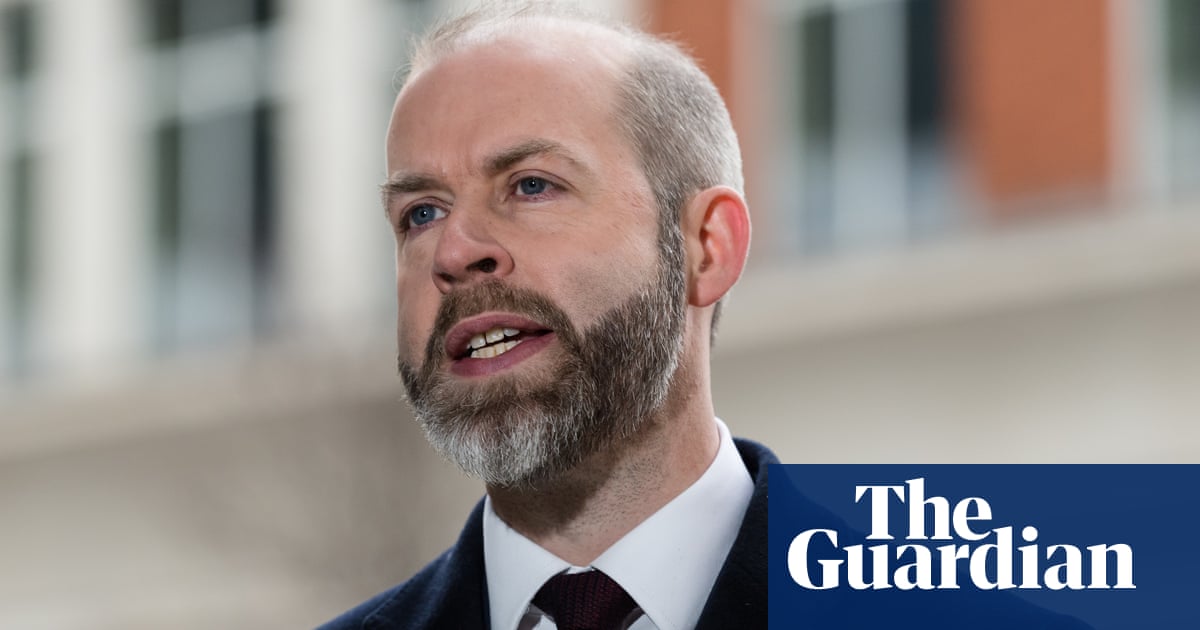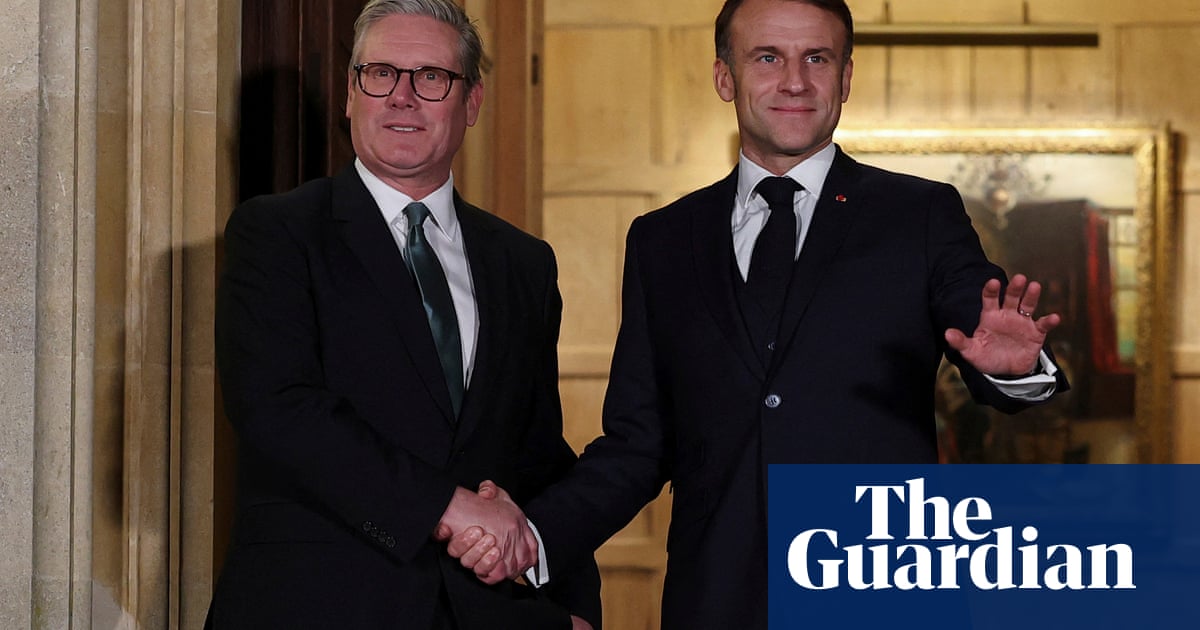Keir Starmer will pledge this week to undertake the most ambitious programme for government “in a generation”, as he sets out new targets to refocus his premiership amid falling approval ratings and the first resignation from his cabinet.
In a political gamble designed to draw a line under the bumpy opening months in office, it is understood that the prime minister will tie himself to a series of political milestones to cut NHS waiting lists and crime and improve living standards and early years education. They are designed to demonstrate tangible improvements to voters’ lives and be delivered by the next election.
It comes after frustrations over early missteps that have led to a reorganisation in Downing Street. In preparation for his address later this week, Starmer will summon civil society, union and business figures on Monday to call on them to work with his government to deliver the refined programme.
“This plan for change is the most ambitious, yet honest, programme for government in a generation,” Starmer said. “Mission-led government does not mean picking milestones because they are easy or will happen anyway. It means relentlessly driving real improvements in the lives of working people.
“No doubt there will be obstacles along the way, but this government was elected on a mandate of change and our plan reflects the priorities of working people. Given the unprecedented challenges we have inherited, we will not achieve this by simply doing more of the same.”
Starmer will stand by controversial moves to increase inheritance tax on farm land and dramatically scale back the winter fuel allowance, as well as bind his ministers to the new pledges. Key targets are likely to cover housebuilding and NHS waiting times, in what is being described as the first half of a “decade of national renewal”.
There will also be an attempt to recast the aim of fostering economic growth with a measure that more tangibly puts “working people’s priorities first”. Insiders insist the measures will be genuinely challenging.
However, it is understood that Starmer will not include a target for reducing net migration, despite his surprise press conference last week in which he accused the previous Tory government of deliberately running a “one-nation open borders experiment”.
Downing Street strongly denied the address was a “reset”, claiming it had been long-planned and reflected Starmer’s pre-election focus on “mission-led” government. However, it comes with the business backlash continuing from the chancellor Rachel Reeves’ tax-raising budget. Meanwhile, the latest Opinium poll for the Observer confirms that Starmer has taken a heavy personal hit since winning office earlier this year.
after newsletter promotion

Starmer’s first net approval rating as prime minister – the difference between those who think he is performing well or badly – stood at +19%. He now has a net approval of -32%. It includes a drop of 8 points in the past fortnight. Labour has also lost ground in recent months on being considered the best to handle living costs such as housing. The Conservatives now have a 1-point lead on reducing the costs of mortgages. In September, Labour had a 6-point lead. Starmer still leads Kemi Badenoch in terms of who voters see as the best prime minister, by 23% to 18%.
It also comes with anger among allies of Louise Haigh, the former transport secretary who resigned after it emerged she had a 2014 conviction for wrongly reporting a mobile phone stolen to the police. They claim Starmer was fully aware of the conviction when he appointed her to his shadow cabinet in 2020.
Her supporters said that Starmer had lost one of his most proactive ministers. “She was the minister for getting things done,” said one sympathiser, pointing to rail renationalisation and giving local authorities in England more control over bus services.
This week’s strategy is the latest sign of the sweeping influence now enjoyed by Starmer’s chief of staff, Morgan McSweeney. He was put in place in the wake of concerns that a lack of political direction had contributed to the missteps since Labour’s landslide election winin July.
The decision to unveil a series of targets comes with significant political risks. The former prime minister Rishi Sunak was lambasted for setting five “priorities” that were described as either too easy to reach or simply unachievable – such as his pledge to “stop the boats” crossing the Channel. Starmer’s new milestones will be the focus of the next review of public spending, scheduled for June.
While insiders played down the early troubles of the government, they said that the operation has become more coherent since McSweeney’s appointment at the heart of No 10 and the removal of former chief of staff Sue Gray, whom some blame for a lack of preparation for power. McSweeney, who masterminded the last election campaign, is already said to be wholly focused on winning a second term.
It also comes after a frustrating few opening months during which Starmer has been criticised over accepting gifts, and suffered a backlash over plans to increase inheritance tax on farmlands, slash the winter fuel allowance and increase national insurance paid by employers.
Downing Street has also had to row back on Reeves’s claim that she was “not coming back with more borrowing or more taxes”. The government’s official line is now that no tax rises on the same scale will be needed. Adam Drummond, head of political and social research at Opinium, said: “After a brief improvement post-budget, Keir Starmer’s ratings are back below -30 and Labour’s scores on various issues are down. That being said, Starmer still leads Kemi Badenoch as ‘best prime minister’ and the Conservatives remain behind on most issues.
“Five months after the country sacked the last government, it simply seems they don’t notice much in the way of improvements and are losing faith in the replacements they hired. Voters, and the government, must be hoping that things can only get better.”

 2 months ago
51
2 months ago
51













































